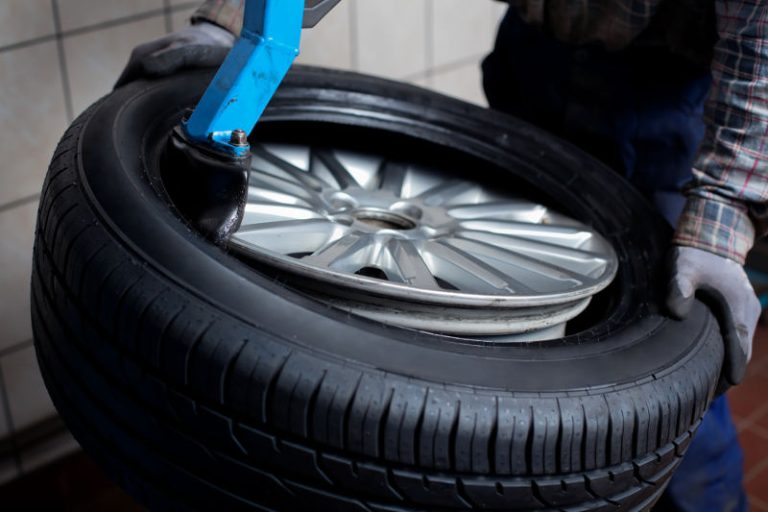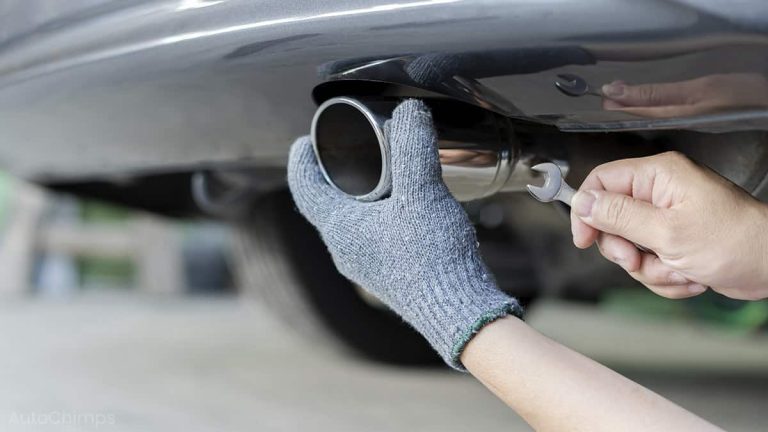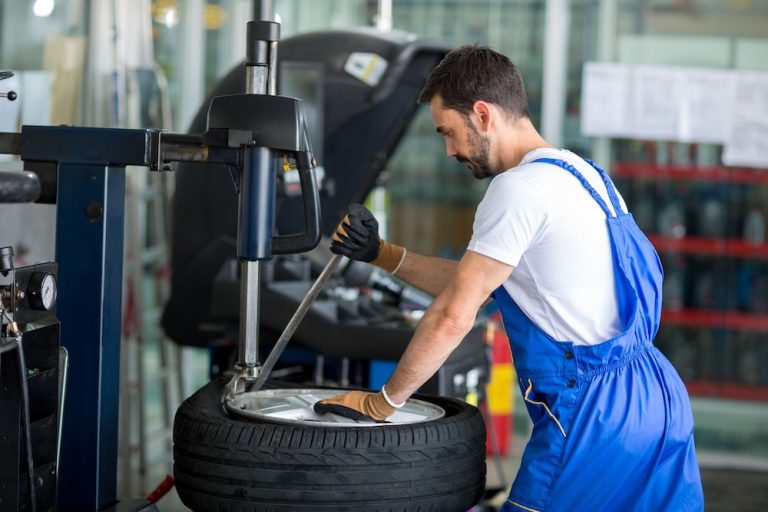Why Your Car Jerks When Accelerating and How to Fix It
Every motorist wants their driving experience to be seamless and easy. That perfect feeling is often ruined, however, if your automobile shakes as you accelerate. More than simply a little annoyance, this jerking action may indicate underlying problems that, if ignored, may need expensive repairs. When a car jerks when accelerating, it can be unnerving whether you’re driving down the highway or backing out of a driveway. However, knowing the potential reasons and fixes can help you spot the issue and resume enjoying smooth rides before fear sets in.
Understanding the Symptoms of Jerking When Accelerating
While your car jerks when accelerating, there may be a problem with the engine or powertrain. These jerks might vary in severity and feel like abrupt surges or hesitations. The car may sometimes even stall or hesitate as it goes from idle to acceleration. You have direct experience with this problem if you have ever felt a quick shock or a harsh motion while pushing on the gas pedal. Numerous things, including gearbox difficulties, engine misfires, and fuel system problems, might contribute to it. However, how can you pinpoint the precise issue?
Common Causes of Jerking When Accelerating
Several factors can cause your car to jerk when accelerating. The issue could be relatively simple or complex, depending on the underlying cause. Here are some common reasons for jerking:
- Fuel System Problems: One of the most frequent causes of jerking during acceleration is a malfunctioning fuel system. This could be a clogged fuel filter or faulty fuel injectors that are not supplying fuel at the correct rate.
- Transmission Troubles: If your car has an automatic transmission, jerking might be due to transmission fluid levels that are low or contaminated. Transmission slippage, where the gears don’t engage properly, is another potential cause.
- Spark Plug Issues: Worn or dirty spark plugs can fail to ignite the air-fuel mixture at the right time, causing hesitation or jerking as the engine misfires.
- Throttle Body and Sensors: The throttle body controls the amount of air entering the engine, and if it becomes dirty or malfunctioning, it can lead to jerking. Similarly, faulty sensors, such as the Mass Air Flow (MAF) sensor, can provide incorrect data to the engine control unit (ECU), affecting engine performance.
How to Diagnose the Problem: Step-by-Step Troubleshooting
It could take some research to determine the source of jerking while accelerating. Finding any warning lights on the dashboard, such the check engine light, is the first step since they may point to a problem that requires expert assistance. If the indicator is on, fault codes from the car’s computer system may be retrieved using a diagnostic device known as an OBD-II scanner. These codes may indicate certain problems such as malfunctioning sensors, misfires, or fuel system faults.
Check the essentials first if there are no warning lights. Does the gasoline filter have a blockage? Do the spark plugs need to be replaced? Verify the amount of the transmission fluid; if it is low or unclean, you may be experiencing transmission issues. Visual examination of hoses or air intake parts may sometimes show leaks or obstructions that may be causing the jerking problem.
Solutions When Your Car Jerks While Accelerating
Once you’ve identified the potential cause of the jerking, it’s time to take action. Here’s how to address some of the most common culprits:
- Fuel System Fixes: If the issue is related to fuel delivery, replacing a clogged fuel filter or cleaning the fuel injectors may solve the problem. In some cases, the fuel pump may need to be replaced if it’s not providing adequate fuel pressure.
- Transmission Fluid: If your transmission is jerking, checking and replacing the transmission fluid can often resolve the issue. Be sure to use the right fluid specified for your vehicle. In cases of severe transmission slippage, the transmission may need a repair or replacement.
- Spark Plug Replacement: If your spark plugs are old or dirty, replacing them with high-quality, correctly gapped plugs can eliminate misfires and reduce jerking.
- Throttle Body Cleaning: A dirty throttle body can lead to jerking, so cleaning it regularly can improve performance. If the throttle body is faulty, replacing it may be necessary.
- Sensor Calibration or Replacement: Sensors like the MAF or throttle position sensor can fail or get dirty. Cleaning or replacing these sensors will restore proper airflow and fuel mixture readings, reducing jerking.
Preventing Jerking When Accelerating: Regular Maintenance Tips
Prevention is always better than a cure. Regular vehicle maintenance can help you avoid the jerking problem altogether. Here are some tips for keeping your car running smoothly:
- Regular Tune-ups: Regular engine tune-ups can help keep spark plugs, sensors, and other components in optimal condition. This reduces the risk of misfires and jerking.
- Fuel System Maintenance: Replace the fuel filter at regular intervals and clean the fuel injectors as part of routine maintenance. Use high-quality fuel to keep your fuel system clean.
- Transmission Fluid Changes: Change your transmission fluid according to the manufacturer’s recommendations. Dirty fluid can lead to poor performance and jerking.
- Air Intake System Care: Replace the air filter regularly and clean the throttle body every few years to ensure the air intake system is functioning properly.
When to Seek Professional Help for Car Jerks While Accelerating
Some car jerks when accelerating difficulties may need professional assistance, but many may be fixed using do-it-yourself solutions. It’s time to see a mechanic if the jerking continues after you’ve checked the fundamentals. To identify the problem, a skilled technician might use specialized instruments like pressure testers and scanning equipment to carry out more complex diagnostics. To prevent more harm, expert assistance is required for complicated problems like engine misfires or gearbox failure.
The Long-Term Impact of Jerking During Acceleration
There may be long-term repercussions if you ignore jerks while accelerating. For instance, if the fault is with the transmission, driving on without resolving it may result in more serious damage that may need costly repairs or perhaps the replacement of the gearbox. In a similar vein, neglecting to fix problems with the fuel system may lead to low fuel economy and increased running expenses. For your car to last longer and function at its best, prompt repairs and routine maintenance are essential.
Conclusion: Keeping Your Ride Smooth
Although it might be annoying, jerking as you accelerate is often an indication that your automobile requires maintenance. You may address the issue before it becomes worse by being aware of the reasons and potential remedies. You can keep your automobile in good working order, save expensive repairs, and drive comfortably for many years to come by doing routine maintenance and taking care of problems as soon as they arise. Don’t be afraid to seek expert assistance from a technician if the jerking continues despite your best attempts. After the issue is fixed, you may expect a smooth journey.







